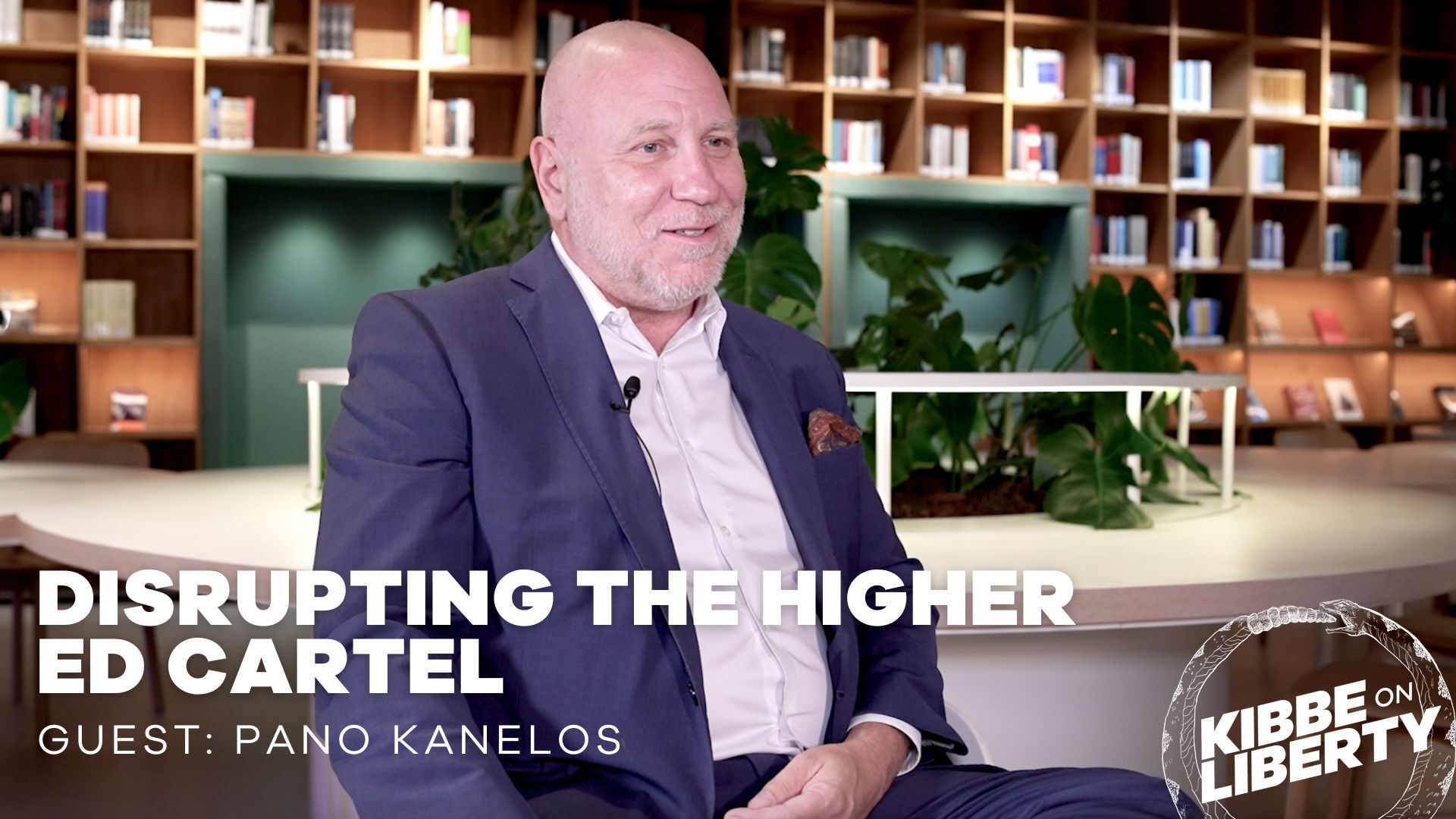
How Education Regulations Miss the Point of Learning
I’ve been writing about education policy for some years now, and during that time I’ve learned one very important thing: The problems with the American education system are so systemic, so fundamental, that no amount of tinkering around the edges will solve them. The problem is the way we think about education in the first place, the way we try to quantify it and use it as a yardstick to compare our children with others. It has gotten to the point where we can’t think of schools in any other way but as an equation to be solved by government bureaucrats. If we plug in just the right variables, it is believed, we can make education great again. This is a delusion of the worst kind. As an example of this blindness, take the latest regulation out of the Department of Education.
Education Secretary John King has issued new rules for how federal grants are awarded to potential teachers. These TEACH Grants, as they are called, consist of an up to $4,000 stipend for novice teachers undergoing classroom preparation programs. Secretary King is bemoaning a lack of accountability in the program, and the new regulations are designed to tie grants more closely to teacher performance.
In general, this sort of thing always sounds like a good idea. We like words like “accountability.” They make us feel like someone is watching over our tax dollars, making sure that they are spent as wisely as possible. Unfortunately, it’s all a sham. I won’t say that this regulatory change is for the worse — it may even be slightly better than the status quo — but the premise under which such programs operate is a false one. Namely, that you can measure educational outcomes in a meaningful way from a centralized government department.
Incentivizing better performance sounds great, but in education, what does performance even mean? Regulators are finally starting to get the idea that standardized test scores are an incredibly poor metric for learning for a wide variety of reasons. It’s easy for students to memorize the material and then forget it. Teachers spend so much time on test preparation that they neglect more meaningful instruction, and some outright cheat to ensure that their class appears to do well.
But test scores are now being supplemented by incredibly vague and obscure criteria such as: “Student learning outcomes measured by novice teachers’ student growth, teacher evaluation results, and/or another state-determined measure that is relevant to students’ outcomes, including academic performance, and meaningfully differentiates amongst teachers.” It’s safe to say that no one knows what that means, much less how it can be used to accurately assess teacher quality and student achievement.
To ask what metric I would propose instead misses the point. There is no objective way to measure education en masse. Education is a subjective, subtle slippery beast that everyone approaches differently, with different goals and different personal definitions of success. Trying to homogenize it into a mathematical formula is like trying to measure love. Not only can’t it be done, but the mere attempt destroys much of what is great about it. The best that can be done is to give parents and students as many choices as possible, so that they can decide for themselves what is working and what isn’t, and choose an alternative accordingly.
It is true that when the federal government awards grants to teachers based on a certain criterion, we will see an increase in whatever quality is being rewarded. But that quality will be of the government’s choosing, not ours. If the state rewards higher test scores, we will see higher tests scores, even if the act of obtaining them is bad for students. If the state rewards subjective reports of teacher satisfaction, we will have teachers who are satisfied, or at least claim to be. The incentive to chase after grant money will trump concerns over student welfare, regardless of which method is used to measure performance.
The trend in government is towards technocracy, the belief that increasingly advanced data collection and analysis can result in social engineering that improves people’s lives. Maybe in some cases, this is possible, but education is inherently resistant to such efforts. We would be far better off moving away from centralization and towards individual choice.
This article originally appeared on Conservative Review.
Free the People publishes opinion-based articles from contributing writers. The opinions and ideas expressed do not always reflect the opinions and ideas that Free the People endorses. We believe in free speech, and in providing a platform for open dialogue. Feel free to leave a comment.



